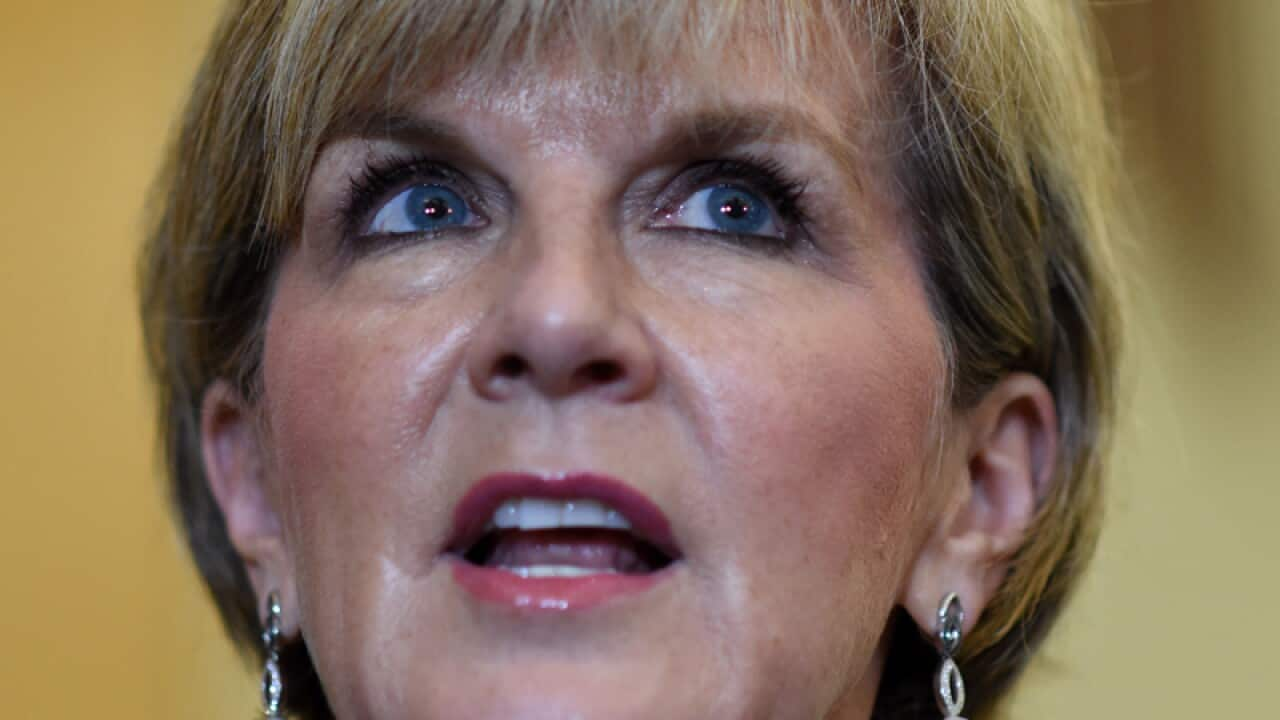Both sides of politics have condemned North Korea's latest nuclear test, as Australia looks to work with other countries to put pressure on the regime.
Foreign Minister Julie Bishop described the rogue nation's fourth test as a threat to international peace and security, with the United Nations Security Council agreeing to take further significant action.
"We will continue to work with partners and allies, and the rest of the international community to place pressure on North Korea so it stops this provocative behaviour," she told the Nine Network on Thursday.
Ms Bishop said the key to sanctions having an impact is ensuring countries don't trade with North Korea, so China will be key.
But she believes China is as "frustrated" as the rest of the international community with the regime and there is a "united effort" to impose greater sanctions.
The minister said the regime's leader Kim Jong Un is more unpredictable than his father and harder to read.
Acting Opposition Leader Penny Wong said, like the government, Labor is very concerned about North Korea's actions.
"Their nuclear program is a threat to global security and it is a threat to regional stability," she told reporters in Adelaide.
"We are deeply concerned by this and join with the government and the rest of the international community in our condemnation."
It is not yet clear what type of bomb North Korea detonated.
"If it were a hydrogen bomb, that is a significant and dangerous step forward by North Korea," Ms Bishop told the Seven Network.
Overnight she spoke with her South Korean counterpart, who is deeply concerned about what the test means for stability in the Korean peninsula.
Share

